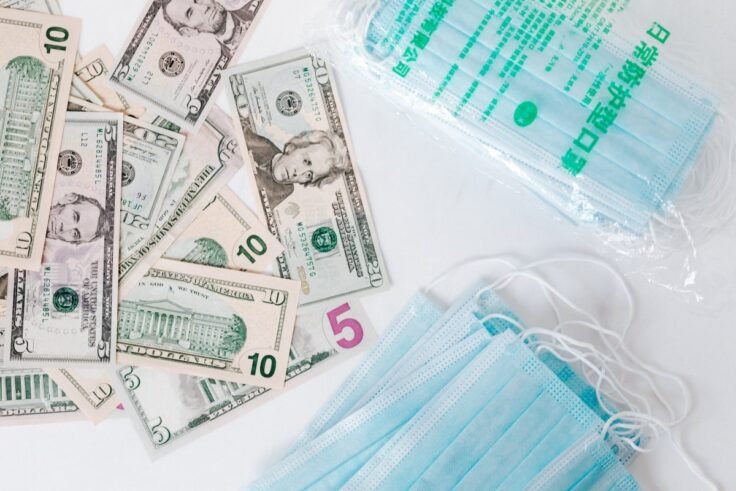How To Handle An Expensive Medical Emergency Expense

A medical emergency can happen even to the healthiest of us. So follow these tips to properly handle your next medical emergency expense.
Eating well, getting a full night’s rest, and exercising are the keys to good health. Unfortunately, there’s no guarantee you won’t wind up in the ER despite all your healthy habits.
Nobody plans to get a concussion in a car accident or slice their finger open on a sharp chef’s knife while cooking dinner. But medical emergencies can happen to you, even if you’re the healthiest person you know.
Would your finances be ready if you had to rush to the hospital? Read on to learn about your options.
How To Be Prepared In An Emergency
After your visit to the ER, your GP’s follow-up, and any medication you need to take, the bills begin to add up. A single visit to the ER may cost multiple thousands of dollars without insurance.
You aren’t out of the woods if you have insurance. Depending on your policy, you might have to pay out-of-pocket expenses and deductibles on your own dime.
Hospital fees and charges for lab tests can be hard on your budget. If you don’t have savings, you may need to find money fast.
Most fast loans online are considered speedy options because they have convenient, straightforward applications that you can complete anywhere you get Wi-Fi. As long as you have your info on hand, you can even apply for a loan by phone in the waiting room.
Fast online loans provide some cushion for your finances in an emergency. However, like any personal loan, they come with rates and fees. That means your unplanned trip to the hospital will cost more with a fast loan than if you paid with savings.
How To Save On Your Next Medical Emergency Expense
So, what can you do to be prepared for your next medical emergency expense? Check out the tips below:
1. Start Putting Money Aside Every Month
The best way to avoid a fast loan is by creating an emergency medical fund. Look at your budget to see where you can cut back costs. Any money you free up can go towards these savings.
Don’t worry if you only have $50 or so to save each month. Things add up over time. In one year, these savings grow to $600, which can put a significant dent in medical expenses.
2. Review Your Bill
What happens if your emergency arrives before you can save up enough? Don’t just accept that you have to pay the entire bill you receive at the end of your care. There may be some wiggle room here if you ask for an itemized bill.
About 75–80% of medical bills have some sort of mistake. An itemized bill can catch these errors, as your practitioner will have to justify their prices for treatments, supplies, and tools.
3. Talk To Your Healthcare Provider About Relief
If you’ve been paying attention to the news, you may have heard a thing or two about inflation raising the cost of living. In addition to rising groceries and gas, healthcare prices are rising.
So nowadays, everyone is looking for new, smart ways to reduce costs; even researchers are now renting labs vivarium.
With healthcare costs on a continued upwards trend, plenty of people will be in the exact same boat as you. Your healthcare provider likely has a plan in place for struggling patients, so reach out to them.
You might be able to arrange a payment plan that lets you pay your bill in small increments at a later date.
While some healthcare businesses may charge a small fee for the privilege, setting up this plan can help you avoid more costly late fines.
Bottom Line
Remember, having an emergency medical fund is the best way to handle an expensive medical emergency expense.
Besides this, there are other things you can do to minimize your medical bill’s impact on your life, such as asking for an itemized bill and paying in installments.
So keep these tips in mind the next time you have an unexpected medical emergency. They can help you handle the big bill that follows.